The name of the Turkic Council changed at the last summit. It is called the Organization of Turkic States now, the reason behind the name change: the organization wants to strengthen its role in the international community. What steps do they want to take to reach this goal?
The name change practically means that the intergovernmental cooperation between the Organization of Turkic States (OTS), of Azerbaijan, Kazakhstan, Kyrgyzstan, Turkey, and Uzbekistan which started in 2009, want to play an essential role in the international community. Consequently, a new strategy until 2040 was adopted at the last Istanbul summit. The population of the region is 160 million and has a unique economic network between Europe and Asia, and due to their situation, they have increasingly obvious geostrategic and geopolitical interests. Revelations of these interests in the global scene do not just affect the everyday life of the area from Bosphorus to Altai mountains but also shape its future. Hungary has been an observing member of the organization since 2018, so the name change also affects us, which we have accepted.
Geographically, Hungary is quite distant from the Turkic states. How does Hungary profit from the observing membership?
The geographical distance has a different meaning than 100 or 200 years ago. Istanbul is not further from Budapest than Brussels. The region of the Caspian Sea is the distance of Morocco or Egypt. Hungary maintains a close relationship with Turkey.
Our trade has been growing significantly with every member state of the OTS and our trade balance is positive in this region, we export more than we import, our surplus is around 1.5 billion dollars. But it is even more important that Hungarian professionals and businesses have more opportunities to enter this region and contribute to the social and economic innovations. Unique support would come from students who are studying in Hungary.
The Turkish World got familiar with the name of Hungary from the mid 19. century when they sought out relatives from Siberian Turks to Istanbul as we also did a bit earlier. Many of them had already come to Budapest to study and become great scientists: Bekir Szitki Csobánzáde, Hamit Zübeyr Koşay.
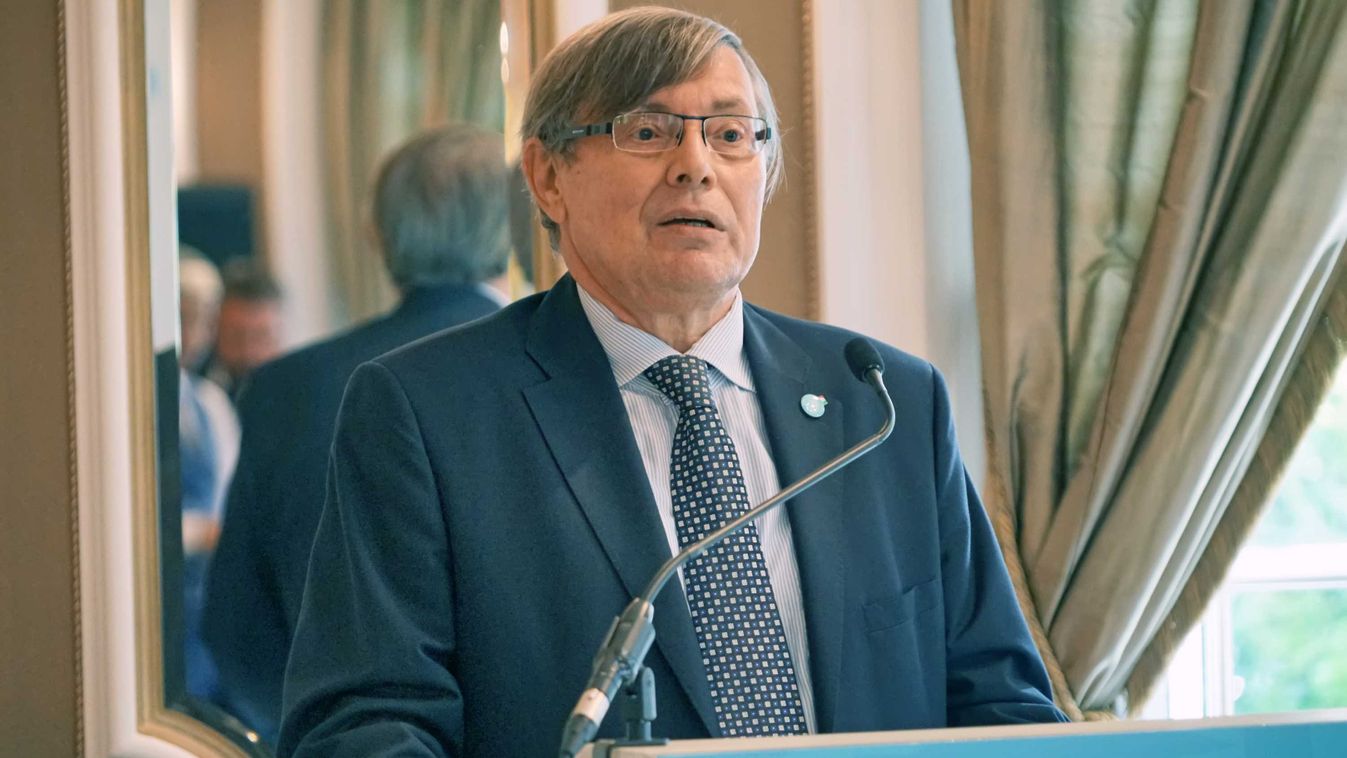



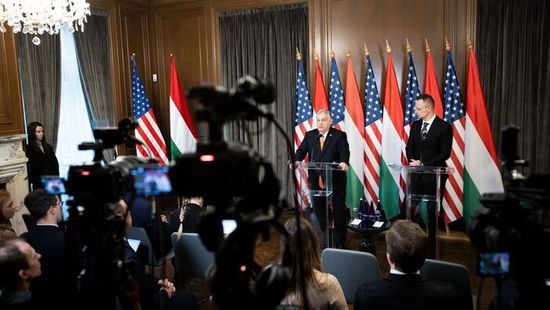

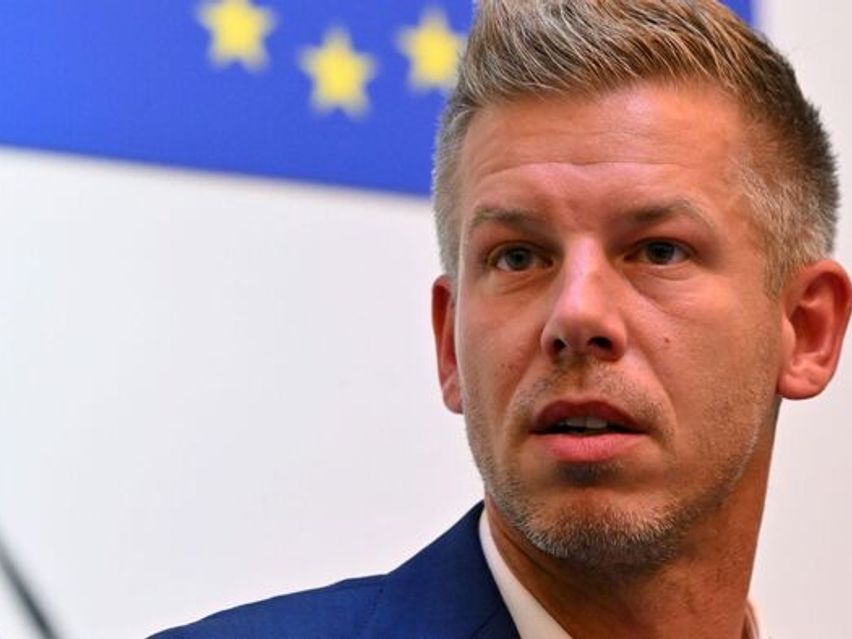
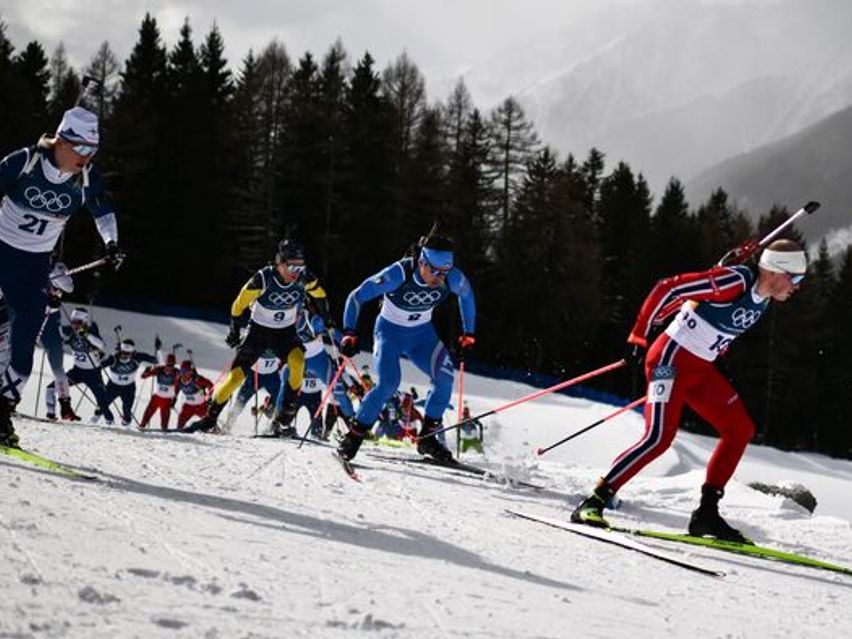

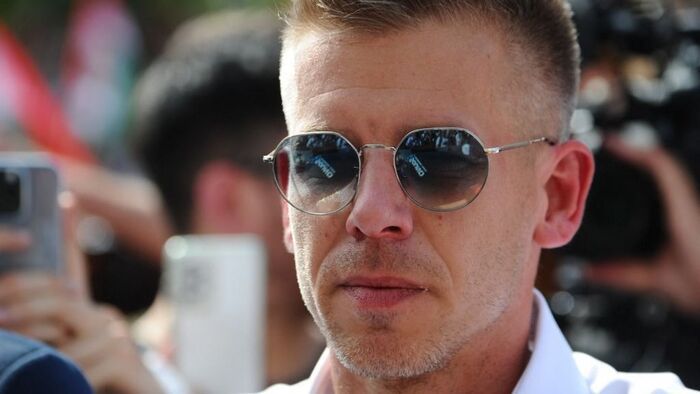


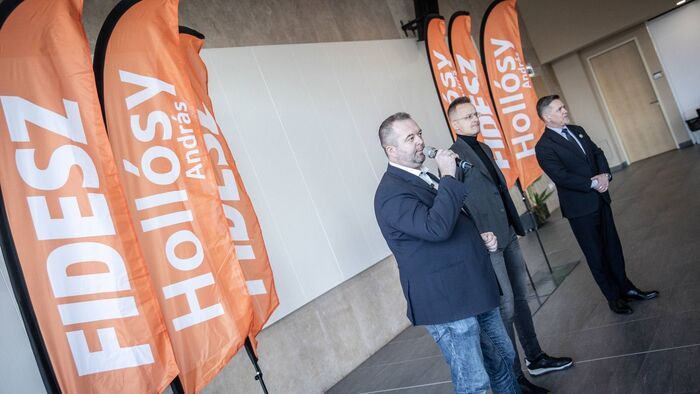

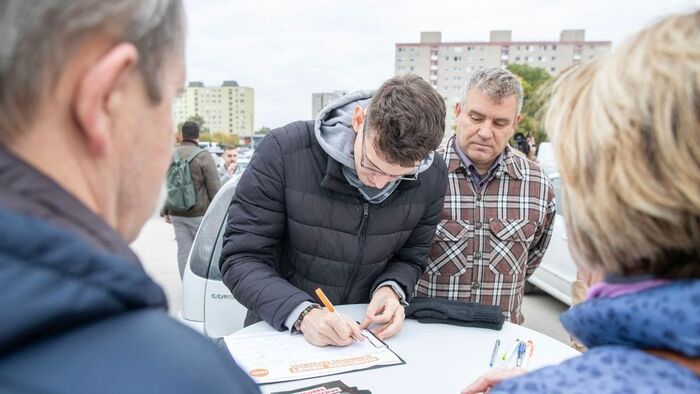
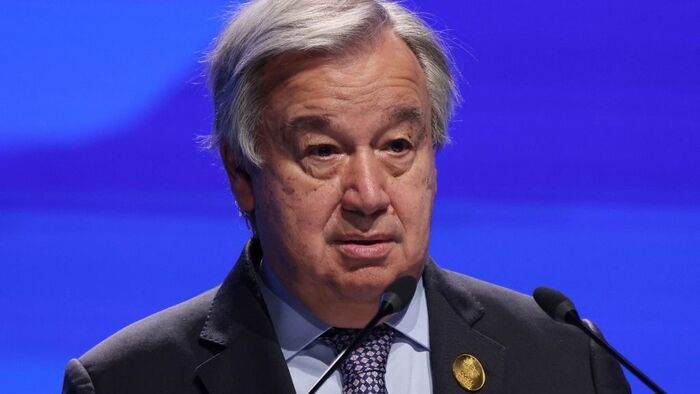

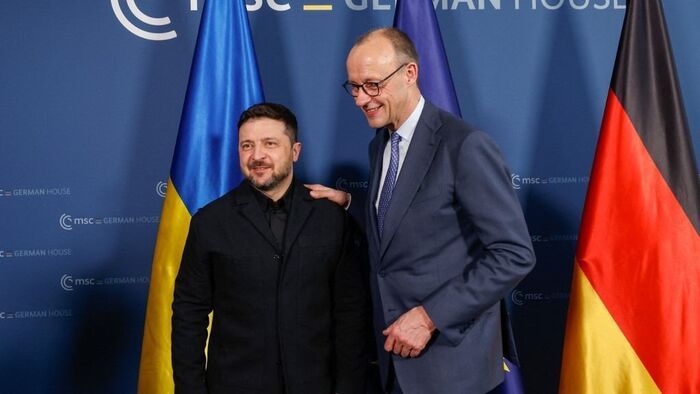

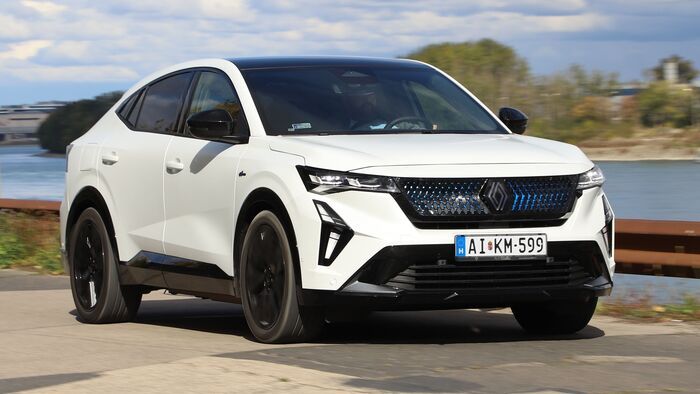


Szóljon hozzá!
Jelenleg csak a hozzászólások egy kis részét látja. Hozzászóláshoz és a további kommentek megtekintéséhez lépjen be, vagy regisztráljon!